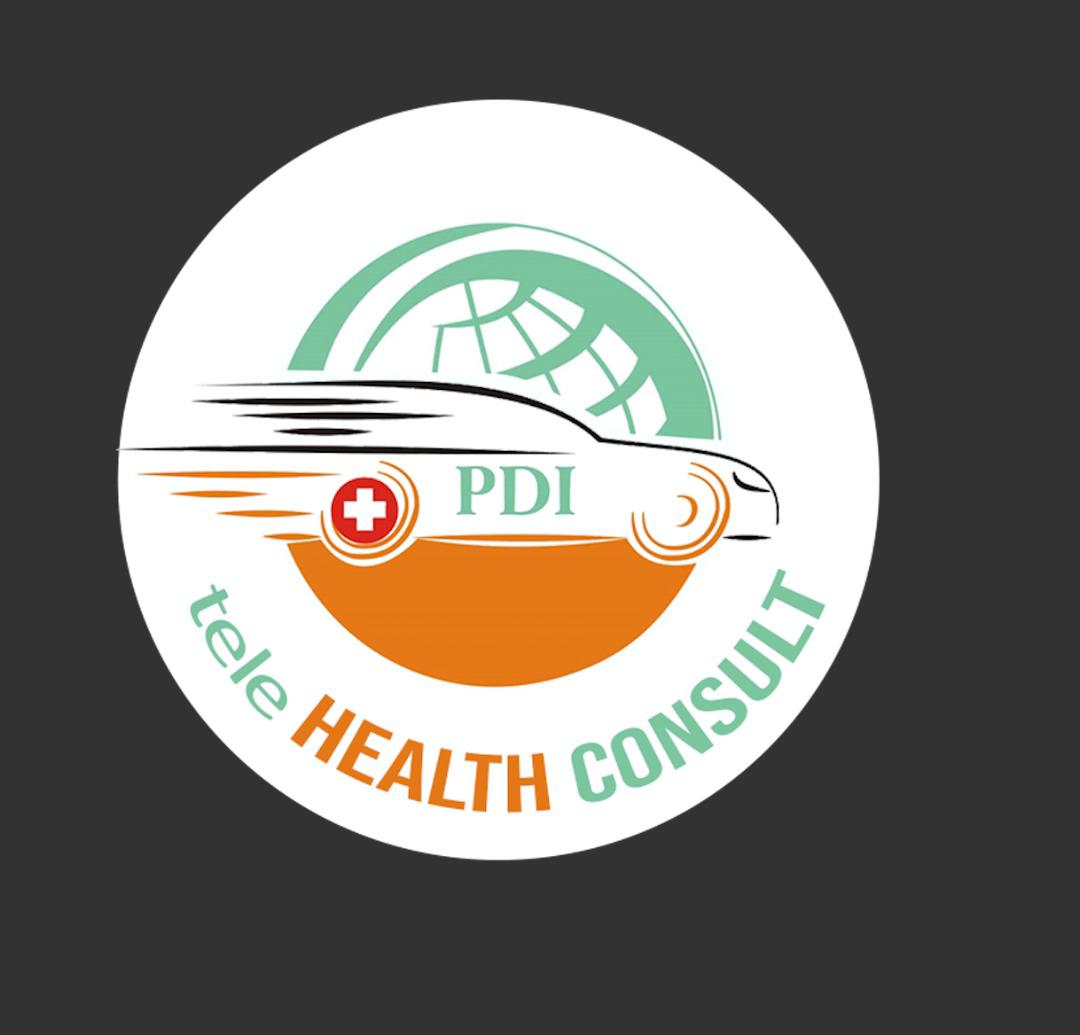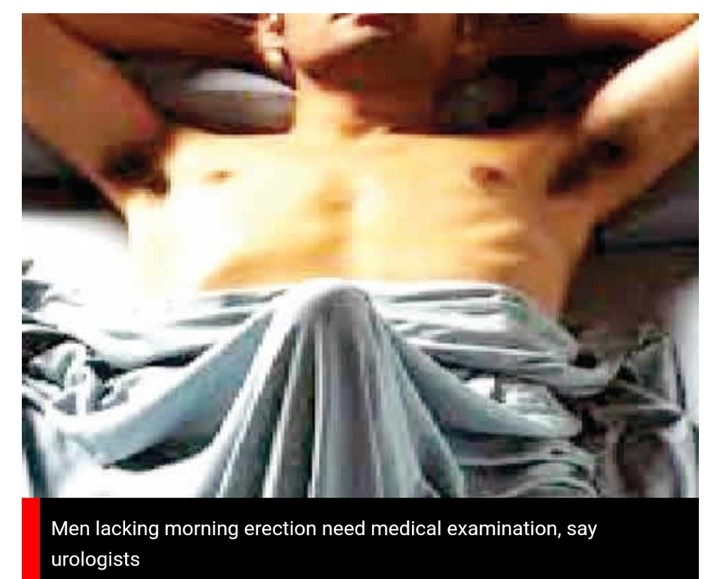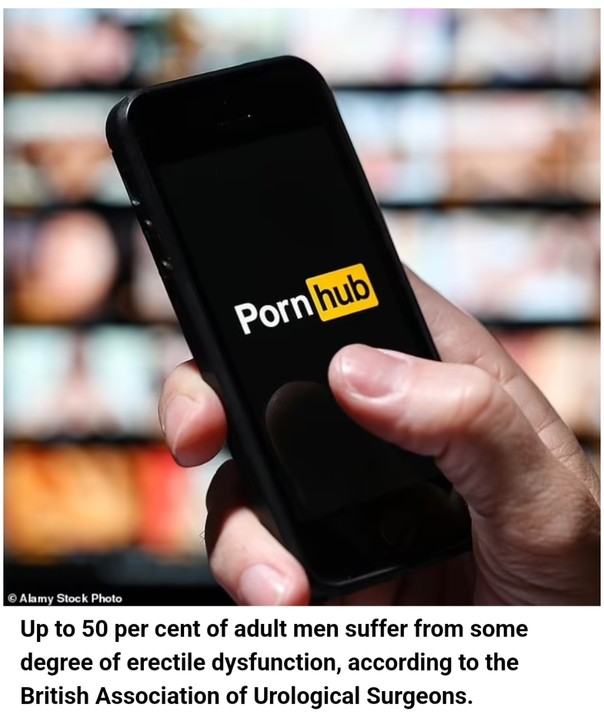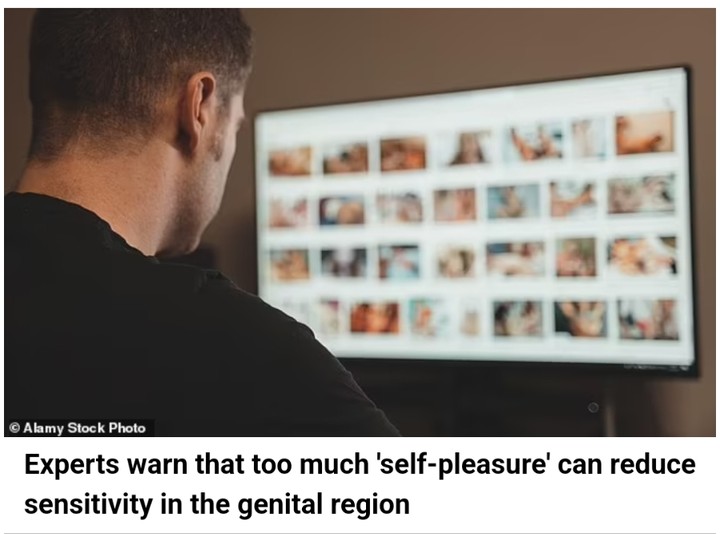Health/Beauty
PreDiagnosis Partners American University For Better Grassroots Healthcare

Nigeria’s leading grassroots telemedicine platform, PreDiagnosis International, has announced its partnership with the Project ECHO Institute of the University of New Mexico, USA for knowledge sharing and transfer on chronic and complex diseases with medical professionals in the country.
According to Dr. Folarin Olasogba, the Chief Project Officer of PDI Telehealth Consult which is the arm of PDI driving the collaboration, the innovative tele-mentoring programme codenamed ‘Project ECHO’ is designed to create virtual communities of learners by bringing together healthcare providers from all over Nigeria and subject matter experts from different parts of the world using video conference technology, brief lecture presentations, and case-based learning to foster an “all learn, all teach” approach.
He said the Project ECHO which stands for Extension for Community Healthcare Outcomes is a collaborative model of medical education and care management programme designed to empower local clinicians including consultants, doctors, nurses and technicians to deliver better care and treatment of chronic, common and complex diseases, especially in remote and underserved locations.
He added that PDI as the Nigerian Official Replication Partner with the Project ECHO Institute of the University of New Mexico is undertaking the project to assist the country develop the capacity to safely and effectively treat chronic, common, and complex diseases in rural and underserved areas across Nigeria and to monitor outcomes of this treatment while leveraging the resources of the PDI Telehealth Consult platform.
In his words, “The project is not only designed to use innovative technology to bridge the gap between urban and rural healthcare specialists and providers in the country; it is to help health services providers to better undertake co-management of patients’ treatments, thereby fostering knowledge depth and technical competencies, in addition to reducing professional isolation”.
Dr. Olasogba further explained that by encouraging collaboration and communication between rural and urban healthcare providers and specialists, the Project will help health professionals in the country to become more highly skilled in the treatment of diverse chronic and complex diseases, thus creating a center of excellence in many remote communities.
“Under the PDI-Project ECHO collaboration, healthcare providers in rural and underserved areas of Nigeria will be able to treat their patients with a remote team of specialists in the fields of oncology, cardiology, endocrinology, psychiatry, infectious diseases, pharmacy and substance abuse/addiction, among others. Through this Initiative, PDI Telehealth Consult is trying to lead in the race to build a viable and sustainable national Clinical Knowledge Platform that combines authoritative contents and shared experiences drawn from the expertise available in the Nigerian healthcare community and across the world so that physicians, medical students and other healthcare workers will be able to tap into Nigeria’s largest, most powerful Continuous Professional Development (CPD) network to resolve challenging questions at the point of care for mostly lower-income patients of different diseases,” he submitted.
Health/Beauty
Transforming Healthcare: RapidHeal Nigeria Offers Job Opportunities for 100 Certified Nurses Nationwide

Transforming Healthcare: RapidHeal Nigeria Offers Job Opportunities for 100 Certified Nurses Nationwide
Health/Beauty
Why Men Without Morning Erection Need Help

Why Men Without Morning Erection Need Help
Male reproductive health experts have urged men to take their sexual health seriously by seeking medical evaluation if they are not experiencing morning erections, a common and natural occurrence in healthy men.
The urologists stated that men experiencing persistent erectile issues or concerns should consult a healthcare professional for personalised evaluation and guidance.
Speaking exclusively with PUNCH Healthwise, the physicians advised men not having morning erections to carry out a comprehensive health assessment, including hormone testing, semen analysis, and lifestyle evaluations, to determine the underlying causes which may be erectile dysfunction or infertility.
According to Healthline, morning erections, a natural occurrence in most men, are often seen as a sign of healthy sexual function. They are typically caused by increased blood flow and hormonal fluctuations during the rapid eye movement (REM) phase of sleep.
The health website, however, noted that a notable number of men have reported experiencing a lack of morning erections, raising concerns about potential fertility or sexual health problems.
While some experts suggested that the absence of morning erection could be linked to underlying health issues, including infertility, others argued that it is not a reliable indicator of reproductive health.
A consultant urologist, Dr Emmanuel Eze stated that the body’s ability to have regular morning erections may be a reflection of broader reproductive health.
The physician stressed that the absence of morning erections could signal problems with hormone levels, such as low testosterone, or vascular health, which could affect overall erectile function and, in some cases, fertility.
Eze emphasised that morning erection is a natural occurrence during the REM sleep stage, typically happening 3-5 times per night.
The physician explained that the absence of morning erections could suggest issues such as erectile dysfunction, low testosterone levels, or underlying cardiovascular conditions.
According to him, it is normal for men to experience morning erections three to five times each night. These erections are typically spontaneous and occur without sexual arousal. The process is part of the body’s natural hormonal fluctuations and is linked to the functioning of the nervous system and blood flow.
Eze explained that these spontaneous erections during sleep are crucial in maintaining healthy erectile function and, by extension, overall reproductive health.
He emphasised that they are a natural and healthy sign of the body’s ability to achieve and maintain erections, which are important for male fertility.
“While occasional changes in morning erections are normal as men age, a persistent lack of them could point to potential health problems such as erectile dysfunction, low testosterone, or even more serious conditions like heart disease. Men mustn’t ignore these early warning signs.
“A comprehensive evaluation can help pinpoint the cause and allow for timely treatment options, whether it’s lifestyle changes, therapy, or medications,” Eze added.
Speaking further, the urologist elaborated that the absence of morning erections could be an indication of various medical conditions that might impact sexual and reproductive health.
“Erectile dysfunction is often the result of an imbalance in the body’s ability to deliver blood to the penis. If morning erections are absent, it could be a reflection of poor blood flow or nerve function, which are key contributors to erectile dysfunction,” Eze explained.
In addition to erectile dysfunction, the male reproductive expert noted that the absence of morning erections may also be linked to low testosterone levels.
He added, “Testosterone is the primary male sex hormone, essential for sexual function, mood regulation, and the production of sperm. A decline in testosterone can lead to a reduced frequency of morning erections. It can also cause a range of other symptoms, such as fatigue, decreased libido, and loss of muscle mass. While a decrease in testosterone levels is a natural part of aging, significant drops in testosterone could signal more serious health concerns.”
Eze also underscored the connection between erectile function and male fertility, stressing that problems with achieving or maintaining an erection could affect a man’s ability to conceive.
He explained that erectile function plays a critical role in sperm delivery, and when erectile issues arise, they could make it more difficult to engage in regular sexual activity, which could impact fertility.
“There is a direct connection between erectile function and male fertility. If a man is consistently not experiencing morning erections, it could indicate that there’s an issue with his reproductive system, whether it’s a problem with his hormones, blood vessels, or nerve function,” he said.
He pointed out that while the absence of morning erections does not automatically equate to infertility, it could signal underlying problems that should be addressed.
Eze advised that men who notice a persistent absence of morning erections should consult a urologist for an evaluation of their reproductive and sexual health.
He explained that poor blood circulation, which is often associated with heart disease or high blood pressure, can directly affect the ability to achieve erections.
“The vessels that supply blood to the penis are small and delicate, and when these vessels are compromised due to poor cardiovascular health, it can result in a decreased ability to have spontaneous erections.
“Erectile dysfunction is frequently one of the early signs of cardiovascular problems. If a man is not having morning erections, it could be a sign that his vascular health is not in optimal condition. It’s essential to recognise this as a potential red flag and seek medical advice before the issue becomes more severe,” the urologist warned.
However, a Senior Registrar in Urology at the Lagos State University Teaching Hospital, Dr. Akpo Edewor, argued that the lack of a morning erection is not necessarily an indication of serious health concerns, as many people assume.
Edewor emphasised that the absence of morning erections is not an automatic sign of erectile dysfunction or serious sexual health problems.
He explained, “Morning erections should not be viewed as the definitive measure of sexual health. It is important to understand that men can still maintain erectile function despite not having morning erections. This does not immediately indicate erectile dysfunction.”
The urologist stressed that various factors, such as sleep patterns, stress, or even the time a man wakes up, can influence whether or not he experiences a morning erection.
He further clarified that a key component in assessing erectile health is the ability to achieve an erection in response to sexual stimuli.
“If a man can still attain an erection when engaging with a partner, even without morning erections, this indicates that his erectile function is likely intact,” he stated.
Erectile dysfunction, according to Edewor, is more complex than just the absence of morning erections. It is a condition where a man consistently struggles to achieve or maintain an erection sufficient for sexual intercourse.
He said various health conditions, including heart disease, diabetes, hypertension, and even the medications used to treat these conditions, could contribute to erectile dysfunction.
Health/Beauty
Doctor Warns On The Danger Of Excessive Masturbation

Doctor Warns On The Danger Of Excessive Masturbation
A British doctor has warned that excessive masturbation is behind the rise of male health problems.
In moderation, self-pleasure helps to reduce stress, and improve sleep quality and mood, but it can become ‘an unhealthy habit’ and trigger a form of erectile dysfunction, says Dr Donald Grant, GP and senior clinical advisor at The Independent Pharmacy.
‘Overall, there’s no strict rule or guideline on how much people should masturbate.’
‘But when masturbation gets out of hand, there’s a variety of ways it can impact sexual and physical health.’
A key concern is the rise of porn use: half of adults in the UK now access graphic material online, according to a recent survey by media watchdog Ofcom, and Dr Grant links this to the rise in porn-induced erectile dysfunction, or PIED.
Up to 50 percent of adult men suffer from some degree of erectile dysfunction, according to the British Association of Urological Surgeons. It is often associated with obesity, high blood pressure, high cholesterol, and diabetes but can also have no obvious cause. One lesser-known culprit could be PIED, claims Dr Grant.
‘PIED is a type of erectile dysfunction that stems from an unhealthy consumption of pornography.
‘This unhealthy porn usage can lead to desensitisation, making it more difficult for men to achieve and maintain an erection — as they’re used to more intense sexual activity seen on screen.
‘It can lead to reduced interest in sex with actual partners as men prioritise porn and masturbation instead.’
More worryingly, Dr Grant warns that compulsive masturbation could trigger physical changes that affect intimacy.
‘Compulsive masturbation can lead to reduced sensitivity in the genital area, making it more difficult to achieve sexual pleasure or stimulation.
‘It can occur when nerve endings become damaged from too much activity, creating a loss of sensitivity.
‘This can also impact individuals who masturbate too roughly, causing potential friction damage.
‘Thankfully, this is a short-term issue and factors such as taking breaks or utilising lubricants can help restore sensitivity.
‘And thankfully, there are a range of treatments available to men who are struggling with ED, helping them manage a healthy sex life and achieve erections with ease.’
Dr Grant added that ‘over-masturbating’ can be damaging in other ways.
It can cause men and women to become ‘hyper-focused on their own pleasure, meaning when the time comes for sexual intercourse with a partner, individuals could experience performance anxiety, which directly impacts sex drive.’
The question of how much is too much is subjective, he admitted.
‘Masturbation habits can differ largely from person to person with some people doing it daily, weekly or not at all.
‘It’s important to monitor the sexual activity to ensure it doesn’t interfere with social lives, work or relationships.
‘Additionally, discomfort or injury is usually a telltale sign that the masturbation sessions are becoming too much and harming health.
‘It’s important to maintain a healthy but sensible sex life through masturbation, ensuring it’s not at the expense of daily activities.
‘Some people can even experience mental distress due to guilt or shame relating to their masturbation — this can stem from porn usage or other factors, but can have a big effect on people’s mental well-being.
‘Overall, common sense is required to ensure it remains a recreational activity without interfering with other aspects of daily life.’
-

 society5 months ago
society5 months agoRamadan Relief: Matawalle Distributes Over ₦1 Billion to Support 2.5 Million Zamfara Residents
-

 Politics2 months ago
Politics2 months agoNigeria Is Not His Estate: Wike’s 2,000‑Hectare Scandal Must Shake Us Awake
-

 society4 months ago
society4 months agoBroken Promises and Broken Backs: The ₦70,000 Minimum Wage Law and the Betrayal of Nigerian Workers
-

 society3 months ago
society3 months agoOGUN INVESTS OVER ₦2.25 BILLION TO BOOST AQUACULTURE








